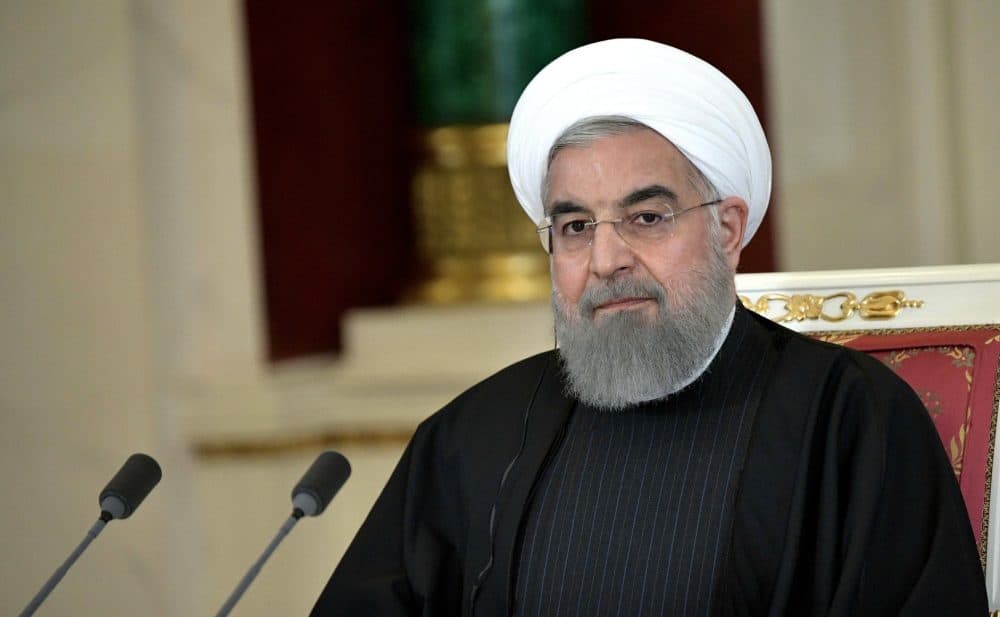The Trump administration’s tough new sanctions on Iran took effect on Monday, but eight major importers of Iranian oil are being spared from immediate penalties.
The sanctions target Iran’s energy, financial and shipping sectors and are aimed at crippling the country’s economy following US President Donald Trump’s withdrawal from the 2015 nuclear deal. The measures that came into effect on Monday restore all the sanctions that had been lifted under the accord, which gave Iran billions of dollars in sanctions relief in exchange for curbs on its nuclear program.
But as the administration seeks to cut off Iran’s oil revenue it will allow some of its closest allies and rival China to continue to purchase Iranian oil as long as they work to reduce imports to zero.
Greece, India, Italy, Turkey, South Korea, Taiwan and Japan also get US sanctions waivers for Iran oil imports.
US Secretary of State Mike Pompeo has defended the waivers.
The sanctions freeze any assets that those targeted have in US jurisdictions and bar Americans from doing business with them. They will also affect non-Iranian companies that deal with sanctioned Iranian firms and officials.
In what the US said was the largest-single sanctions designation, the Treasury imposed penalties on more than 700 Iranian and Iranian-linked individuals, entities, aircraft and vessels. The move brought to more than 900 the number of Iran-related targets sanctioned by the Trump administration in less than two years.
Among those are 50 Iranian banks and subsidiaries, more than 200 people and ships, Iran’s state-run airline Iran Air and more than 65 of its planes.
“Treasury’s imposition of unprecedented financial pressure on Iran should make clear to the Iranian regime that they will face mounting financial isolation and economic stagnation until they fundamentally change their destabilizing behavior,” said Treasury Secretary Steven Mnuchin. “The maximum pressure exerted by the United States is only going to mount from here. We are intent on making sure the Iranian regime stops siphoning its hard currency reserves into corrupt investments and the hands of terrorists.”
Israel, which considers Iran an existential threat and opposed the deal from the beginning, broadly welcomed the US’s exit from the deal and the reimposition of sanctions.
“Today is a historic day,” Prime Minister Benjamin Netanyahu told lawmakers from his Likud party, according to his office.
“Today is the day the US under President Trump’s leadership imposed extremely harsh sanctions on Iran, the harshest sanctions imposed on Iran since the effort to curb its aggression began.”
Earlier, Defense Minister Avigdor Liberman praised Trump’s “bold” decision.
Liberman said the renewed sanctions that took effect Monday was the “sea change the Middle East has been waiting for.”
“In a single move, the United States is dealing a critical blow to Iran’s entrenchment in Syria, Lebanon, Gaza, Iraq and Yemen,” the minister posted in a rare English-language tweet. “President Trump, you’ve done it again! Thank you.”
The renewed sanctions ends US participation in the Obama-era nuclear accord, which now hangs in the balance as Iran no longer enjoys the billions of dollars in sanctions relief it was granted under the deal in exchange for curbs on its nuclear program.

